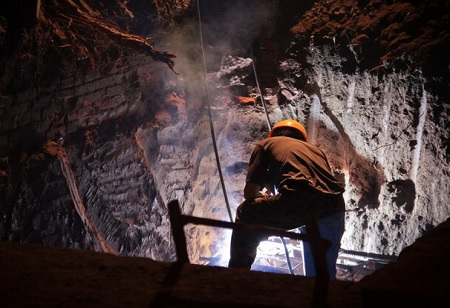
IEA Initiates Critical Minerals Security Program to Address Growing Demand

 The International Energy Agency (IEA) is set to launch a critical minerals security program to address the growing demand for minerals crucial to energy security. Executive Director Fatih Birol emphasized the need for a stable supply of minerals such as lithium, cobalt, and copper, vital for the production of electric cars, solar panels, and other energy-related equipment.
The International Energy Agency (IEA) is set to launch a critical minerals security program to address the growing demand for minerals crucial to energy security. Executive Director Fatih Birol emphasized the need for a stable supply of minerals such as lithium, cobalt, and copper, vital for the production of electric cars, solar panels, and other energy-related equipment.
Birol highlighted the emerging security challenge in the supply chain of energy technologies, noting that the current demand is outpacing production capabilities. Additionally, he expressed concern over the concentration of manufacturing facilities for these critical minerals in only a few countries.
Inspired by the IEA's oil security mechanism, which mandates member countries to maintain 90 days' worth of oil stocks for global supply disruptions, the new critical minerals security program aims to ensure a reliable supply of essential minerals.
China currently dominates the production of 30 out of 50 critical materials, including rare earths, and has implemented export restrictions on certain minerals to safeguard its strategic position. As countries intensify efforts to reduce emissions, the demand for critical minerals like lithium, copper, nickel, cobalt, manganese, graphite, and rare earth elements has surged.
The IEA's move underscores the importance of addressing concerns related to price volatility and the security of mineral supply chains. The agency has previously warned that, despite transitioning to renewable energy sources, geopolitics remains a significant factor to consider.
In July of the previous year, the IEA released its Critical Minerals Market Review, followed by the hosting of the first-ever international summit in September, focusing on critical minerals and their role in clean energy transitions. The upcoming critical minerals security program reflects a proactive approach to ensure a stable and secure supply of essential minerals amid the global push towards a cleaner energy future.

